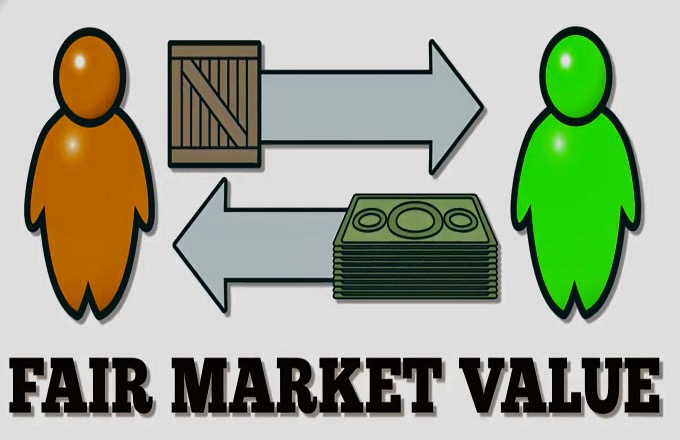
Estate trustees must obtain fair market value for the assets it sells.
It is trite law that an estate trustee has a fiduciary duty to act in the best interests of an estate and its beneficiaries, and in that regard, whether a professional or non-professional, an estate trustee must exercise the standard of care employed by a person of ordinary prudence in managing his or her own affairs.
This includes an obligation, when liquidating estate assets, to obtain fair market value for the assets being sold, with that value generally being the highest price available in an open and unrestricted market, between informed and prudent parties, acting at arms length and under no compulsion to act, expressed in terms of money or monies worth.
The traditional method of arriving at fair market value is to expose the asset for sale in the marketplace.. Baer v. Baer, 2014 CarswellOnt 10281 (Ont. S.C.J.).
See, for example: Beatrice Watson-Acheson Foundation v. Polk, [2006] O.J. No. 2518 (Ont. S.C.J.), at paragraph 53, and authorities cited therein; Fales v. Canada Permanent Trust Co. (1976), [1977] 2 S.C.R. 302 (S.C.C.), at p.315; and Krentz Estate v. Krentz, [2011] O.J. No. 1124 (Ont. S.C.J.), at paragraph 54.
This includes an obligation, when liquidating estate assets, to obtain “fair market value” for the assets being sold, with that value generally being the highest price available in an open and unrestricted market, between informed and prudent parties, acting at arm’s length and under no compulsion to act, expressed in terms of money or money’s worth. The traditional method of arriving at fair market value is to expose the asset for sale in the marketplace. See Ontario (Attorney General) v. Ballard Estate (1994), 20 O.R. (3d) 189 (Ont. Gen. Div. [Commercial List]), at paragraphs 38-39 and 50.




